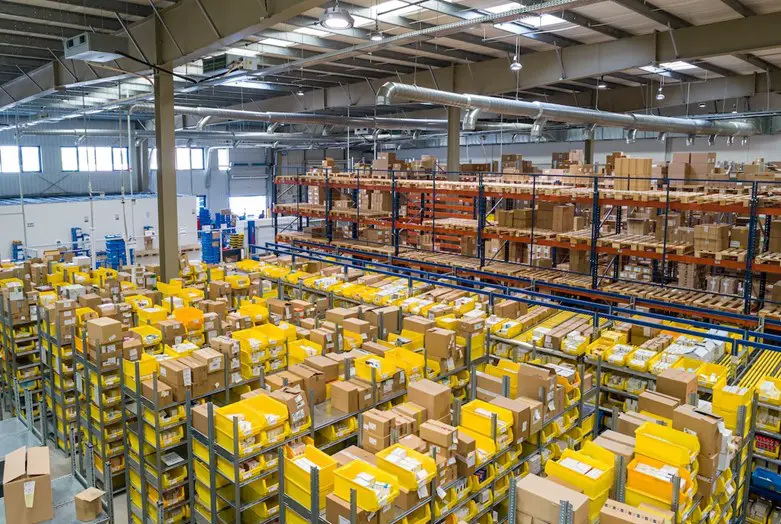In today’s fast-paced business world, flexibility is key. Businesses must be able to adapt quickly and efficiently to changes in the market or face being left behind by their competitors. One of the most important areas that require careful attention when it comes to maintaining a competitive edge is logistics. By making your business logistics more flexible, you can ensure that you are prepared for whatever challenges may arise and remain ahead of the curve in terms of customer satisfaction and operational efficiency. Here are some ways to achieve this.
Invest in Automation
Automating your business processes can be a great way to make logistics more flexible. By taking advantage of automated tools and processes, you can streamline various warehouse operations such as order processing, inventory management, and shipping. This will help you reduce costs while improving the speed and accuracy of your services. Especially if you get BYOC, you can increase flexibility by enabling better communication. Additionally, automation helps ensure that all necessary information is updated in real time so you always have an up-to-date view of what’s going on throughout the supply chain.
Invest in Technology
Technology plays a key role in helping businesses become more agile and responsive to customer needs. Investing in advanced software solutions can help businesses keep track of shipments, manage customer orders efficiently, and monitor supply chains accurately. Additionally, the use of technology can help businesses identify potential problems before they occur and take proactive measures to prevent them.
Re-evaluate Your Routes
The routes you use for your shipments can have a major impact on how flexible your logistics are. By re-evaluating your existing routes, you may uncover opportunities to reduce costs or improve efficiency by utilizing alternative carriers or services. Additionally, constantly exploring new routes and considering alternate destinations may open up new opportunities for growth and expansion that would otherwise be unavailable.
Develop Strong Partnerships
Strong partnerships between suppliers and customers are essential when it comes to delivering a high degree of flexibility in business logistics. Establishing relationships with reliable vendors and service providers is key to ensuring that deliveries are prompt and accurate. Additionally, it’s important to make sure these partnerships are mutually beneficial so that both parties benefit from the relationship.
Implement Continuous Improvement Strategies
Implementing continuous improvement strategies can help you ensure that your logistics remain flexible in the face of changing market conditions. By regularly assessing performance, identifying areas for improvement, and taking steps to improve them, you can guarantee that your business is always ready and able to respond quickly and effectively to customer demands. If you’re looking to get started with continuous improvement strategies in your logistics, here are some tips to help you out:
- Track Performance Data – Start by tracking the key performance metrics that matter most for your business. This could include the number of shipments sent out on time, delivery times, customer satisfaction ratings, and any other metrics relevant to your operations. This will provide you with a baseline against which you can measure and track improvements over time.
- Identify Areas for Improvement – Once you have the data to back up your current performance, start looking for areas of improvement in your logistics processes. This could involve anything from streamlining processes to increasing automation or finding new suppliers to work with.
- Set Goals and Measure Progress – Establish measurable goals that you want to achieve in terms of improvement and track your progress over time. This will help you assess how successful your efforts have been and identify areas for further improvement.
Invest In Training
Finally, investing in training for your staff is an important part of making sure that logistics remain flexible. By equipping your personnel with the knowledge and skills necessary to respond to changes in the market or customer needs quickly and efficiently, you can guarantee that your business remains competitive.
Additionally, providing ongoing training ensures that employees are up-to-date on new technologies and processes so they can properly utilize them as needed. Training enables your employees to remain effective in their roles and can help reduce employee turnover, which is important for maintaining a consistently high level of service and customer satisfaction. Investing in training can help you keep up with the latest developments in logistics and ensure that your business is well-positioned to succeed.

By following these steps, you can make sure that your business logistics remain flexible and responsive to changing market conditions. This will help ensure that you remain competitive and able to meet customer demands promptly and accurately. Ultimately, this will lead to greater success for your company as a whole.




